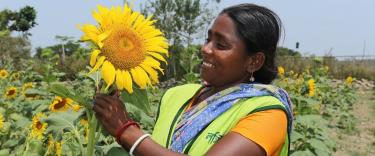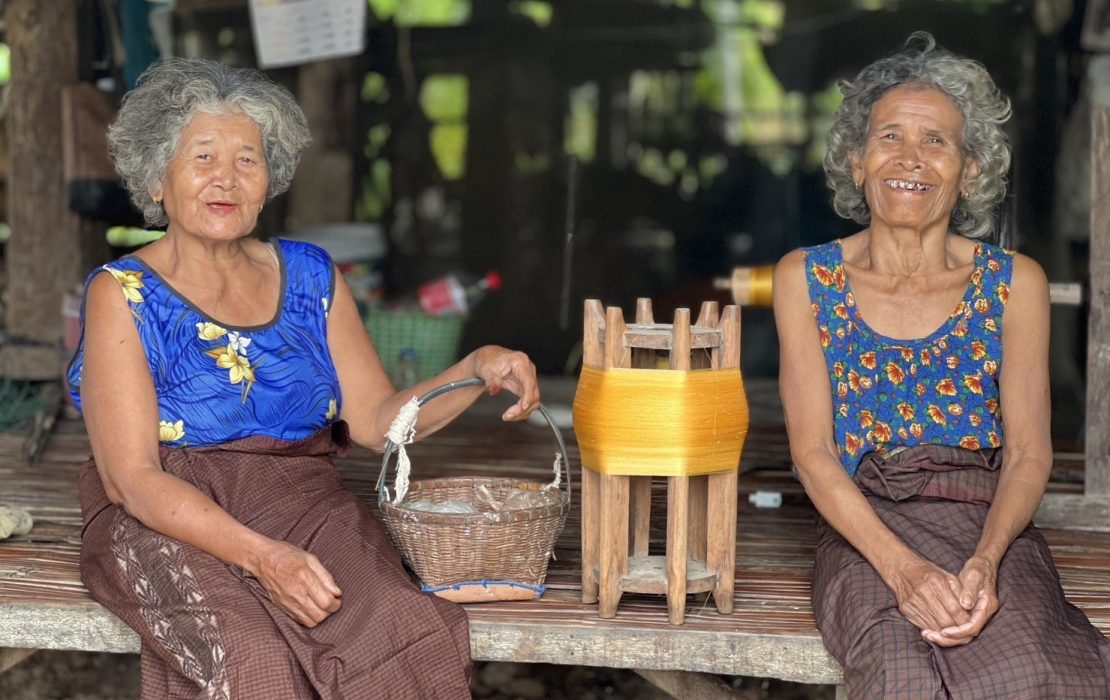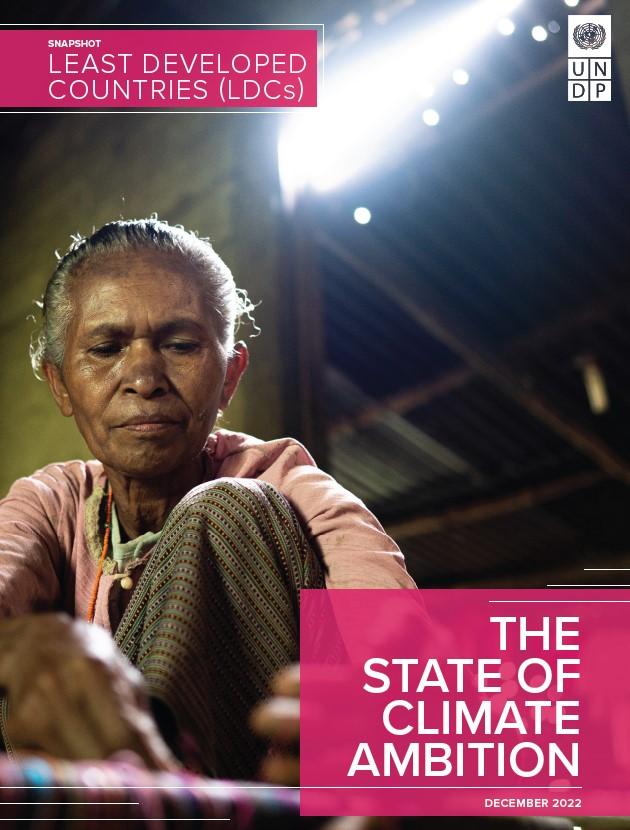0.47%
Share of global GHG emissions
Based on data from Climate Watch (CAIT 2020), developed and maintained by the World Resources Institute. #156
Climate Vulnerability Index ranking
A higher number means a higher vulnerability to climate change. Based on the ND-GAIN Index (2021), developed by the University of Notre Dame. #129
Human Development Index ranking
A lower number means a better human development score. Based on the Human Development Index (2021), developed by UNDP. NDC Status
Bangladesh submitted its revised NDC in August 2021.
Key highlights from the NDC
- Bangladesh increased its conditional emissions reduction target from 36 MtCO2e to 89.47 MtCO2e by 2030 compared to business as usual.
- The country also increased its unconditional emissions reduction target from 12 MtCO2e to 27.56 MtCO2e by 2030 compared to business as usual.
- The revised NDC highlights progress made on adaptation, which is a key priority for the country.
- The development of a comprehensive National Adaptation Plan (NAP) is currently underway.
Adaptation and resilience areas in the NDC
- Food
- Agriculture
- Forestry
- Water
- Infrastructure
- Disaster risk management
Latest Publications
See allLeast developed countries (LDCs) are low-income countries confronting severe structural impediments to sustainable development.



